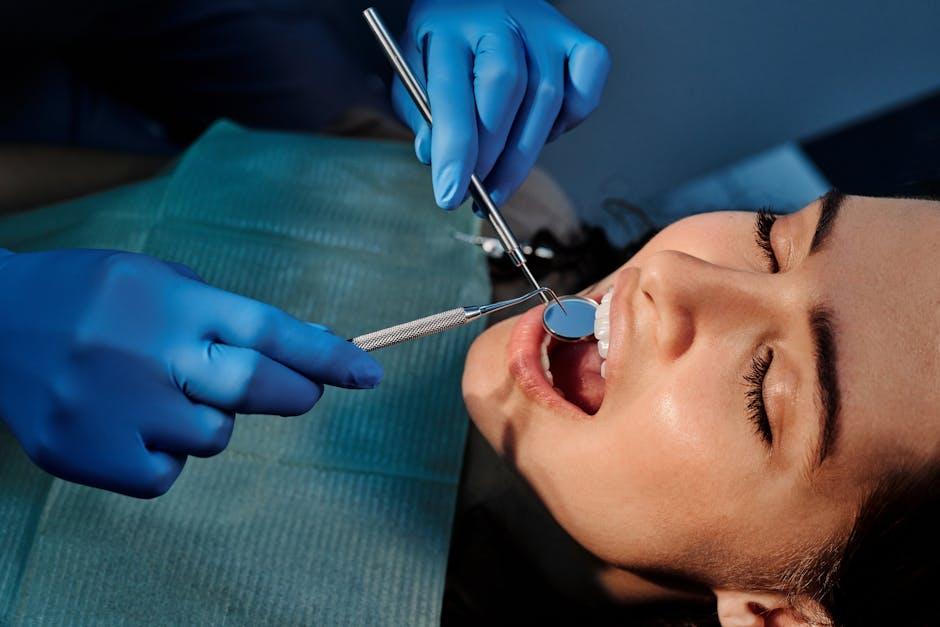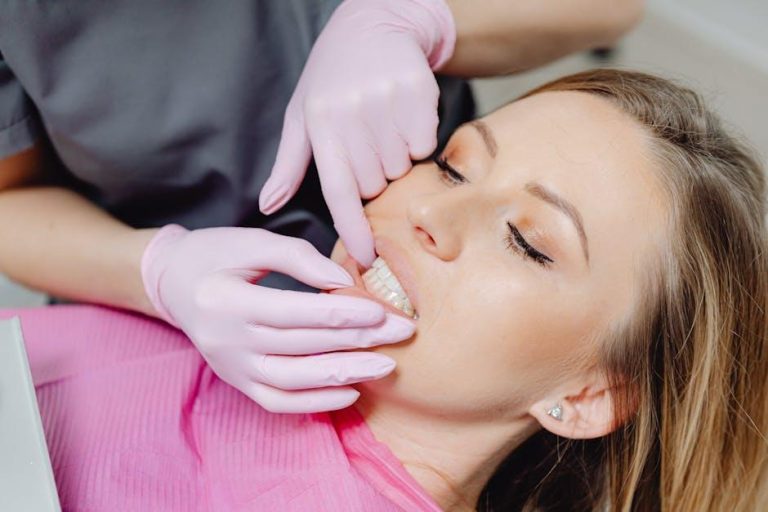
How Dental Hygienists Have Gained Greater Recognition – Dentistry UK
Dental hygienists are increasingly celebrated as integral members of the oral healthcare team in the UK. Over recent years, the profession’s visibility and respect have grown tremendously, reflecting their growing responsibilities and contributions to dentistry. In this article, we explore the journey of dental hygienists toward greater recognition within Dentistry UK, highlighting key developments, benefits, and practical tips for aspiring and practicing professionals.
The Evolution of Dental Hygienists in the UK
Dental hygienists have traditionally been known primarily for routine cleaning and patient education. However, in the UK, their scope of practice has expanded considerably. This evolution has been driven by:
- Healthcare policy reforms allowing more autonomy
- Increased public awareness about oral health
- Advances in dental education and professional training
- Collaborative efforts within dental teams
Today, dental hygienists not only perform preventive care but are also pivotal in managing complex periodontal treatments, providing oral health assessments, and promoting community oral health initiatives.
Key Factors Leading to Greater Recognition
1. Expanded Scope of Practice
Dental hygienists in the UK are now authorised to carry out more extensive clinical duties, including:
- Taking X-rays
- Administering local anaesthesia
- Providing patient referrals to dentists
- Conducting oral health screenings independently
This wider scope elevates their role from simple assistants to vital primary oral healthcare practitioners.
2. Regulatory Support and Professional Bodies
The General Dental Council (GDC) has been instrumental in defining the competencies and registering dental hygienists as distinct professionals. Membership and advocacy by bodies such as the British Society of Dental Hygiene and Therapy (BSDHT) help promote professional standards, continuing education, and public awareness campaigns.
3. Integration in NHS Services
The National Health Service (NHS) in the UK increasingly integrates dental hygienists into community dental practices and public health programmes. This has boosted visibility and created pathways for hygienists to influence oral health outcomes on a larger scale.
Benefits of Greater Recognition for Dental Hygienists and Patients
- Improved Patient Access: Patients receive quicker access to preventive care and education from knowledgeable professionals.
- Enhanced Oral Health Outcomes: Early interventions by dental hygienists reduce the incidence of gum disease, tooth decay, and other oral health problems.
- Career Development: Recognition opens avenues for specialised training, leadership roles, and research opportunities.
- Collaborative Care: Integration with dentists, therapists, and support staff leads to comprehensive care plans tailored to patient needs.
Practical Tips for Dental Hygienists to Enhance Their Professional Recognition
If you are a dental hygienist aiming to boost your profile within the dental community and among patients, consider these strategies:
- Engage in Continuing Professional Development (CPD): Attend workshops, courses, and seminars to stay ahead of best practices and emerging trends.
- Join Professional Organisations: Active membership in bodies like BSDHT offers networking, resources, and advocacy support.
- Utilise Social Media Wisely: Share oral health tips, success stories, and innovations to educate the public and strengthen your visibility.
- Collaborate with Dental Teams: Work closely with dentists, dental therapists, and practice managers to demonstrate your value and contribute to integrated care.
- Contribute to Research and Case Studies: Publishing case reports or participating in studies can position you as a thought leader in the dental community.
Case Study: Sarah’s Journey to Recognition as a Senior Dental Hygienist
Sarah, a dental hygienist practicing in Manchester, illustrates how dedication and proactive learning can lead to professional recognition.
- Year 1: Registered as a dental hygienist, focusing on patient care and routine cleanings.
- Year 3: Completed advanced certifications in local anaesthesia and periodontal disease management.
- Year 5: Joined BSDHT and began presenting at dental conferences.
- Year 7: Appointed Senior Dental Hygienist at a busy NHS dental practice, leading community oral health initiatives.
Sarah’s role includes mentoring junior hygienists, organising public health outreach, and actively participating in continuous education—a testament to the growing respect for dental hygienists in the UK.
Comparing Roles: Dental Hygienist vs. Dental Therapist in Dentistry UK
| Aspect | Dental Hygienist | Dental Therapist |
|---|---|---|
| Main Responsibilities | Cleaning teeth, patient education, periodontal care | All hygienist duties plus restorative treatments like fillings |
| Scope of Practice | Preventive care and oral health assessments | Preventive care plus clinical treatment of dental caries and minor extractions |
| Training Duration | Typically 2 years full-time | Typically 3 years full-time |
| Recognition Level | Increasing autonomy and professional status | Well-established clinical role with expanded responsibilities |
Future Trends and Opportunities for Dental Hygienists in the UK
The future of dental hygiene in the UK looks promising, thanks to technological advances and evolving healthcare demands. Key trends to watch include:
- Digital Dentistry: Adoption of AI-powered diagnostic tools and tele-dentistry may enable hygienists to enhance care delivery remotely.
- Specialisation: More dental hygienists pursuing niche expertise in areas such as paediatric or geriatric oral health care.
- Policy Advocacy: Continued engagement in shaping healthcare policies to broaden practice rights and improve dental care access.
- Interprofessional Collaboration: Deeper teamwork between dental hygienists, general dentists, and medical practitioners to promote holistic health.
Conclusion
Dental hygienists in Dentistry UK have come a long way from traditional supporting roles to becoming recognised primary oral healthcare providers. Through expanded skills, regulatory backing, and integration into NHS services, their professional status continues to grow. Patients benefit from better access and quality care, while dental hygienists enjoy enhanced career prospects and increased respect. For anyone interested in oral health professions, understanding this evolving landscape is key to appreciating the critical role dental hygienists play in improving public health across the UK.


